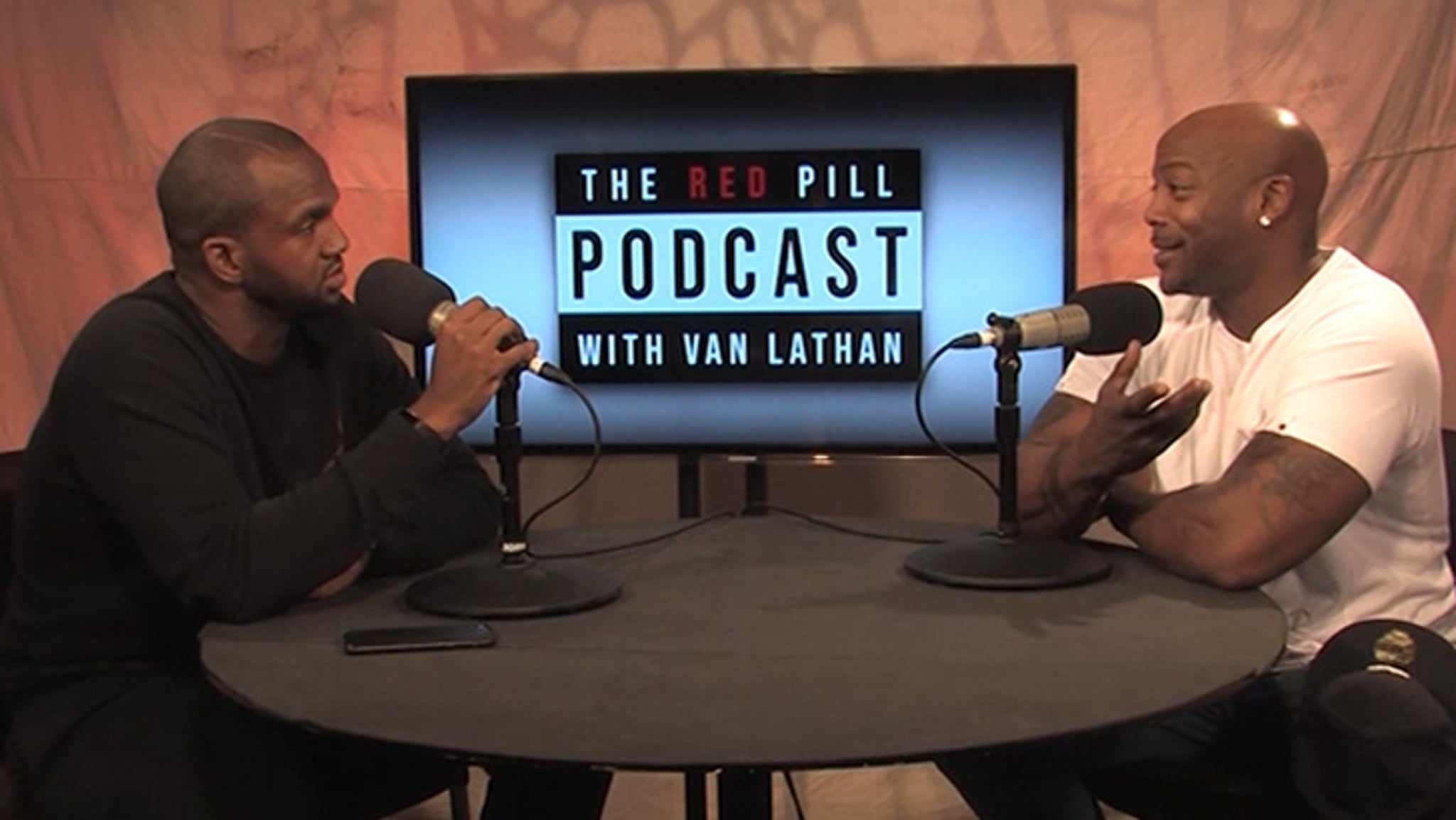
Capitalize days, months, and (sometimes) seasons If you need help knowing specifically which words get capitalized in titles of creative works, check out our helpful guide to title capitalization. Examples include Moby Dick, “Jailhouse Rock,” New York Times, and The Last Supper. The titles of books, songs, newspapers, and works of art should all be capitalized. For instance, in Jane Eyre Charlotte Brontë writes, “She is at the lodge, Aunt.” 8.
BLACK LEGEND CAPITAL CAREERS PROFESSIONAL
Similar to the rules for professional titles, you should capitalize the names of family titles when they’re used in place of proper names. For example, you’d capitalize Uncle Ben and Grandpa Ed will be at the picnic, but you wouldn’t capitalize them in a sentence like My uncle and my grandpa will be at the picnic. However, if you’re just talking about relationships with no names involved, the titles shouldn’t be capitalized. Words that indicate family relationships should also be capitalized when used as titles in front of a person’s name. Our vote is for this article that has all the details on when you need to capitalize president. On the other hand, titles are not capitalized if used generally as in Rebecca is the president of the company, or We talked with the queen, Elizabeth II. Also use a capital letter when you’re directly addressing a person by their title without using their name, as in We need the paper, Senator. Similarly, you should capitalize job titles when they come before a person’s name, as in General Manager Sheila Davis will be at the meeting. For example, you’d address a letter to the president as Dear President Obama. When addressing someone with their professional title, you should use a capital letter at the beginning. Titles like Mr., Mrs., and Dr., should be capitalized. Capitalize honorary and professional titles There are some exceptions: sometimes a company may choose not to use a capital letter at the beginning of its name or product as a stylistic choice. The names of companies and organizations should also be capitalized, such as Nike and Stanford University. Although rare, some place names might have a preposition in them that is not capitalized, such as the Tower of Pisa or Truth or Consequences, New Mexico. Street names are always capitalized, too (e.g., Main Street). Landmarks and monuments also start their proper names with capital letters, such as the Empire State Building and the Golden Gate Bridge. Geographic features that have names should also be capitalized, as in Mt. Other proper nouns include countries, cities, and sometimes regions, such as Bulgaria, Paris, and the American South. Take note that some non-English surnames may begin with lowercase letters, such as Vincent v an Gogh or Leonardo d a Vinci. The first letter of someone’s first, middle, and last name is always capitalized, as in John William Smith. People’s names are proper nouns, and therefore should be capitalized. Proper nouns should always be capitalized. While you and me are usually lowercase, the pronoun I should always be capitalized, regardless of where it appears in a sentence.įor example, in A Beautiful Mind, Sylvia Nasar writes, “What I got back was an envelope on which my address was written in different-colored crayons.” Here, the pronoun I is correctly capitalized even though it isn’t at the beginning of the sentence.Ī proper noun is the special noun or name used for a specific person, place, company, or other thing. I, you, and me are all examples of pronouns.

Even these normally lowercase words are usually capitalized at the start of sentences, but a style guide may make an exception for them. It was sunny all day. Even though the and it aren’t proper nouns, they’re capitalized here because they’re the first words in their sentences. There is one rare possible exception to this rule: a brand name that begins with a lowercase letter like eBay or iPad. Take, for example, the following sentences: The weather was beautiful. You should always capitalize the first letter of the first word in a sentence, no matter what the word is.

Capitalize the first word in every sentence In English, capital letters are most commonly used at the start of a sentence, for the pronoun I, and for proper nouns. There are only a few rules of capitalization.


 0 kommentar(er)
0 kommentar(er)
